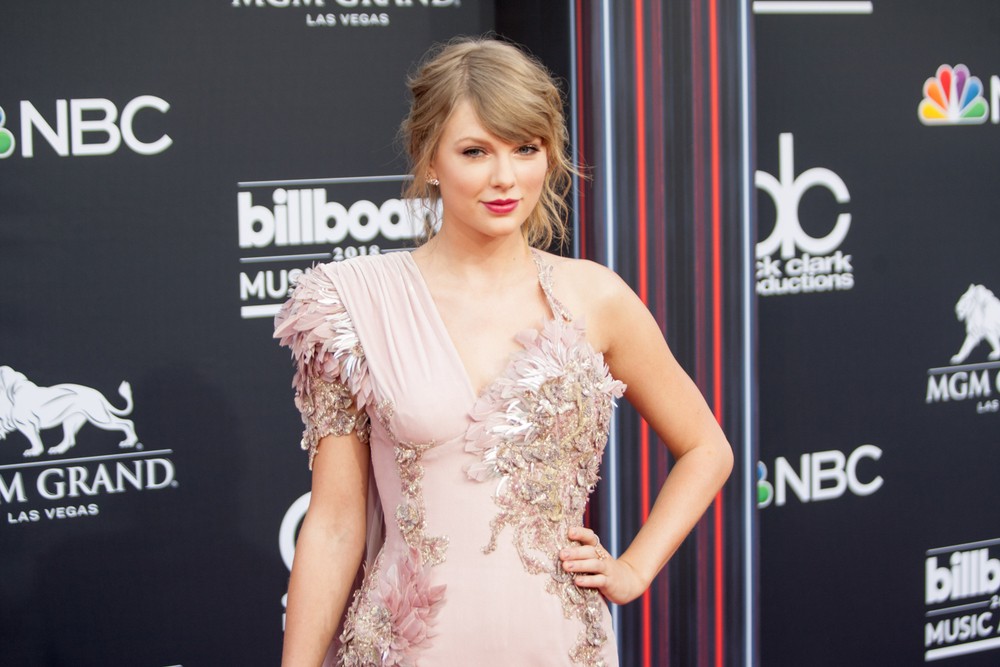
Brands and influencers have long exercised great caution when dealing with anything falling into the categories of sex, politics, and religion. Yet times are quickly changing. This election season saw public figures such as Oprah and Taylor Swift engage in unprecedented political activity. Brands, too, were eager to join the electoral fray, often under the direction of an influencer marketing strategy agency.
So what does this mean for the future of brands, politicians and these newly emboldened influencers with dedicated followings?
Quite a bit, it seems.
Why “politics” is no longer forbidden for influencers
The high-profile political activity displayed by A-list celebrities like Oprah and Taylor Swift didn’t occur in a vacuum. Influencers as a whole have never been as deeply involved in electoral politics.
Fohr, an influencer marketing agency, ran a campaign called “Influence the Election” during the midterms. The campaign asked influencers to connect their Instagram accounts to the company’s website in order to receive story templates to help identify highly engaged political content and encourage tagging and sharing. In a recent interview in AdWeek, James Nord, CEO of Fohr, claimed the campaign reached nearly 100 million people.
Nord said he was inspired to start the campaign after he noticed that influencers were largely ignoring news about the Trump Administration’s ongoing attempts to institute a travel ban. Nord said this lack of engagement prompted him to wonder about the power influencers wield and how they choose (or choose not) to use it. Many influencers, Nord believed, failed to post about political issues because they felt it was simply out of their niche.
That, however, may soon be changing.
How influencers are creating a new kind of politics
The “Influence the Election” campaign was designed to be a digital election yard sign of sorts. Just a decade or two ago, candidates fought bitterly to secure the endorsement of newspapers. These endorsements were exceptionally valuable because of the gatekeeper role that newspapers filled. Many people had their political views shaped by the work of a relatively small number of reporters and editors.
Today, that gatekeeper role has been greatly diminished. The Internet allowed thousands of websites to blossom, democratizing coverage of news and politics. Even more importantly, social media gifted every person a megaphone. Now, instead of relying on one newspaper to deliver an endorsement, politicians could receive endorsements from individual influencers with highly devoted and motivated followings.
Many influencers are staying fairly neutral in terms of content, encouraging followers to vote and support widely popular causes. Yet as the space matures, we could soon see influencers working on behalf of candidates much in the way they work for brands. Candidates can identify influencers who have followings that match their demographic priorities — and who have political views in alignment with their own — and ask the influencers to use their platform to promote their campaigns.
While this is a tricky road to tread (especially given the past problems Facebook and other platforms have faced with more nefarious targeted influence campaigns), it’s not difficult to envision a future where politics and commerce are largely indistinguishable in the way that they interact with influencer marketing.
The right influencer marketing partner
At BIGEYE, our team helps develop the kind of influencer marketing campaigns that can drive sales – or even win an election. Reach out to us to learn more about what a world-class influencer marketing strategy agency can do for you.



